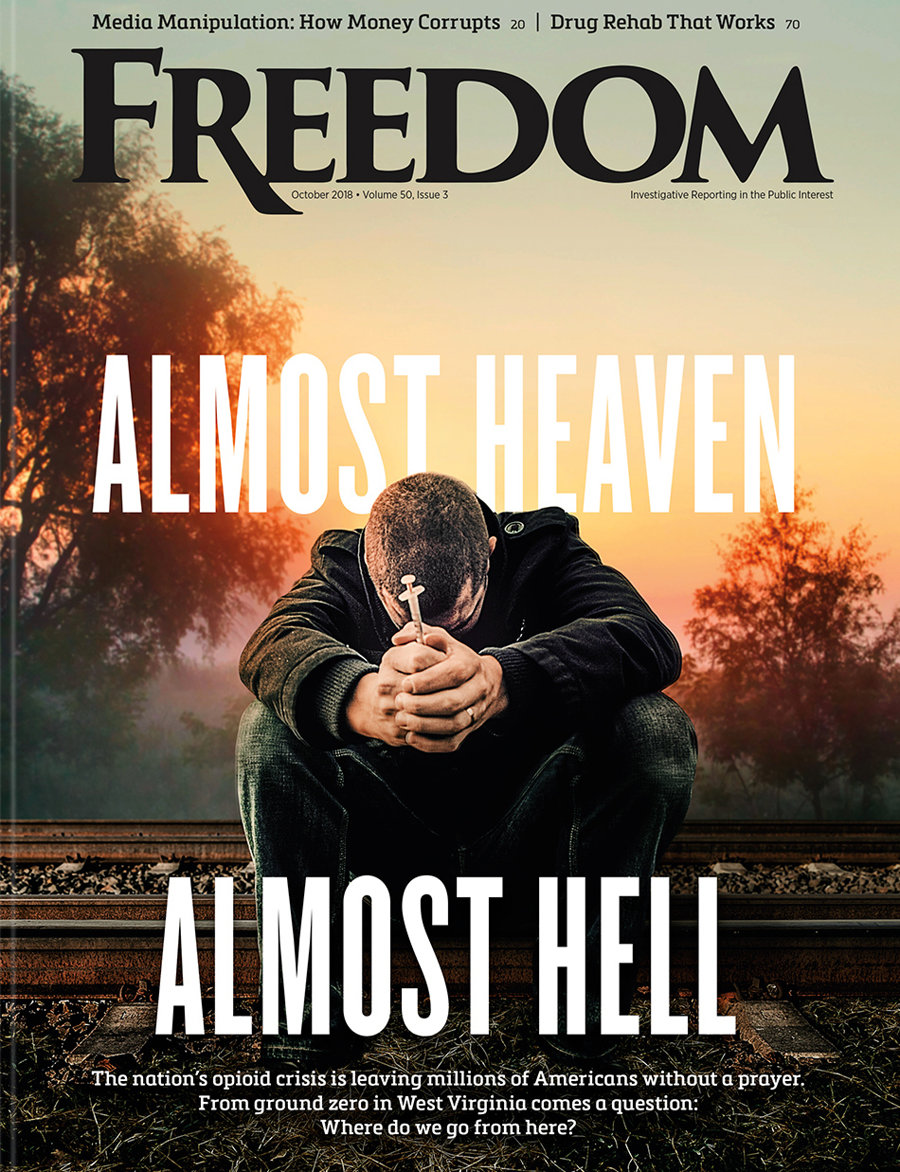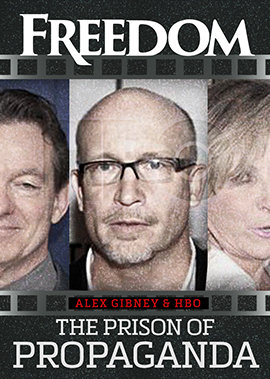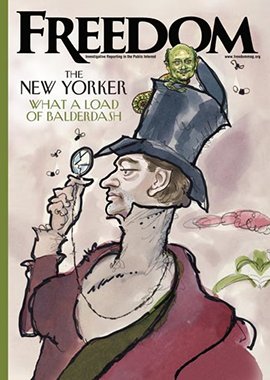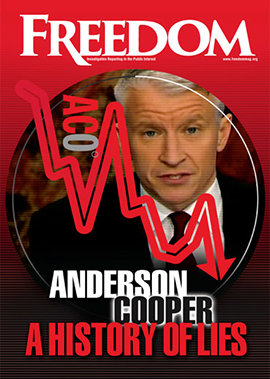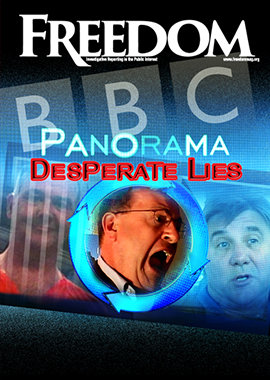It seems too horrible to be true, but it is true.
Terribly true.
It’s a national nightmare—a pharmaceutical tragedy with enormous cost to our nation’s children in severe physical, mental and emotional side effects and loss of creativity.
It goes on because the psychiatrists prescribing and administering these drugs are foolishly called “experts” by the government, empowering them to poison children.
After all, they have fancy titles and academic initials after their names, so they must be recommending the best thing for my child, right?
No—wrong. Dead wrong.
The side effects run a terrifying gamut, from headaches to heart attacks.
As of 2020, the number of children taking psychotropic drugs was a shocking 6.2 million.
Now that you’ve stopped gasping, we’ll let you in on what’s even worse: Over 400,000 were five years old or younger.
Over 85,000 were one year old or younger.
To be clear, these are not Flintstones Vitamins nor cherry-flavored cough drops. They’re heavyweight psychotropics for ADHD, as well as antidepressants, antipsychotics and anti-anxiety drugs.
All too often, they’re not prescribed to help children, but to control them—to make them more tractable and less “challenging.”

The side effects run a terrifying gamut, from headaches to heart attacks; from hallucinations to psychosis; from stomach pain to sudden death; and from violent behavior and aggression to mania, mood changes, suicidal thoughts and the vacant eyes familiar to anyone who has seen someone stoned out on “downers.”
“I was like a walking zombie,” said a 14-year-old foster child who was prescribed seven different psychotropic drugs.
Imagine the cost to our society: It’s well known that psychotropic drugs stifle creativity. So what if Handel or Beethoven had been heavily dosed with these as kids? Would we have ever had the “Messiah,” the “Fifth Symphony” or the “Moonlight Sonata”? The answer is no. And our civilization would be much the poorer for it.
Yes, sometimes creative geniuses act strangely—and their brilliance walks hand in hand with their madness—but that is the price we pay for the glory they give us. The creative sparks of today’s budding Beethovens must be fanned, nurtured and kept alive, not drugged into numbness.
And no, you can’t trust psychiatrists, psychologists or state-approved “mental health counselors” to even dole out these mind-altering substances in a legal manner.
A recent audit of the Massachusetts Department of Children and Families (DCF), covering the period from July 2019 to December 2023, found that 3,899 children were given at least one psychotropic drug, and that drug was dispensed improperly in most cases.
In 94 percent of cases reviewed, the DCF had no proper court approval for administering “intrusive” antipsychotics with “severe” side effects, nor did they have the legally required consent documents.
Even more shocking, 20 percent of the children whose cases were reviewed received doses above FDA-recommended levels.
And Massachusetts is just one state. What’s happening in the other 49?
We shudder to imagine.
But here’s a taste for you: In 2023, federal auditors found that Florida’s child welfare workers failed to follow state regulations on the administration of psychotropic drugs to our kids.
Federal auditors also found that Indiana, Michigan and Ohio displayed a similar and dangerous laxity involving the prescription of psychotropic drugs to foster children. “The state agency could not ensure that children in foster care received the necessary monitoring and care,” a United States Department of Health and Human Services report stated. “As a result, the children’s quality of care and health and safety may have been at risk.”
“These are obviously very heavy medications,” Alexis Williams Torrey, an attorney for the Children’s Law Center of Massachusetts, said. “They can cause lifelong side effects and are impacting the brain of oftentimes very young children.”
Someone—a parent or a foster parent or a caring children’s rights advocate—obviously needs to be aggressively involved whenever psychotropic drugs are being considered.
Harvard Medical School suggests that parents demand to know from prescribing psychiatrists exactly why these drugs are being proposed, why the child allegedly “needs” them, how long they plan to prescribe them to the child, what the side effects are and what safety protocols will be in place.
If the answers they receive aren’t completely satisfactory (and they won’t be), they need to understand that it is they—not the psychiatrists—who have the power. They should be all too ready, willing and able to stand up on their hind legs, look the “expert” dealer of drugs in the eye and say one simple word: No!
After all, it’s only our children’s lives and futures at stake.






